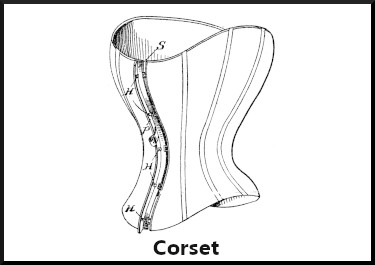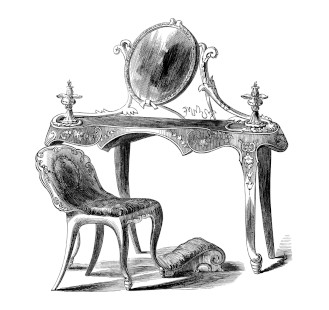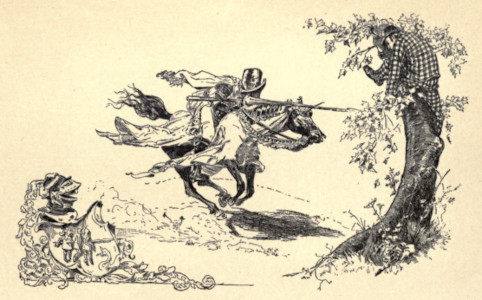Peter Drucker? Elsie Robinson? Warren Bennis? Stephen R. Covey? Glenn J. Shanahan? Anonymous?
Question for Quote Investigator: In the domain of business and entrepreneurship two contrasting statements yield a crucial insight:
- Efficiency is doing things right.
- Effectiveness is doing the right things.
The most successful organizations require both efficiency and effectiveness. Another version highlights the following two ideas:
- Management is doing things right.
- Leadership is doing the right things.
These notions have been attributed to the famous management guru Peter Drucker and the influential Professor of Business Warren Bennis. Would you please explore this topic?
Reply from Quote Investigator: Peter Drucker did present this concept multiple times. Warren Bennis also employed this notion. See citations further below. The elegance of the formulation stems from the use of antimetabole: words in successive clauses are repeated in transposed order. QI believes that the phrasing evolved over time.
In 1869 the “Harrisburg Telegraph” of Pennsylvania printed the following short item displaying antimetabole. The words “efficiency” and “effectiveness” were absent. Boldface added to excerpts:1
A DIFFERENCE.—There is a difference between doing a thing right, and doing the right thing. One individual may be engaged in a very bad work, and yet do his work well. Another may be engaged in a laudable undertaking and do his work very poorly. The true maxim is, “do the right thing right.”
Below are additional selected citations in chronological order.
Continue reading “Quote Origin: Efficiency Is Concerned With Doing Things Right. Effectiveness Is Doing the Right Things”






